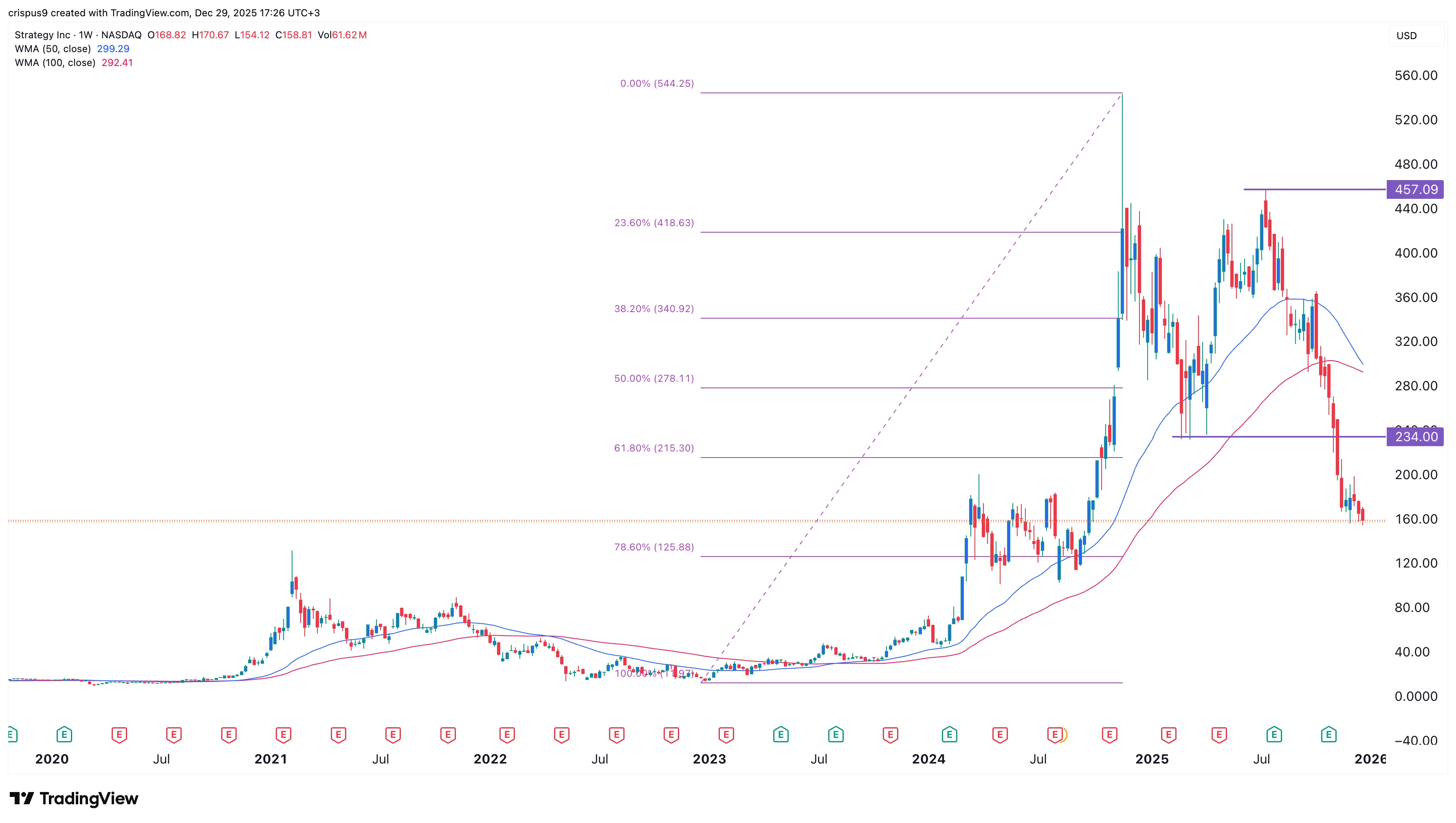Solana (SOL) Makes Unexpected Early Announcement – May Upset Users
Solana Mobile has announced that it has discontinued software and security updates for its Saga smartphone, which launched just two years ago. This move marks the official end of the device's lifecycle.
“Solana Mobile Saga has reached the end of its support lifecycle. Compatibility with new software or services cannot be guaranteed,” the company stated on its website. This means devices will no longer receive updates, making them more vulnerable to security risks and apps may become inoperable over time.
Customer support will also be limited to general inquiries only. Solana Labs did not respond to requests for comment.
Unveiled in May 2023, Saga aimed to bring the Web3 ecosystem closer to everyday users by integrating blockchain technology into the mobile world. The device was touted as an alternative to Apple and Google's restrictive app store policies.
However, Saga's support lifespan, which lasted just two years, fell well short of mobile industry standards. Apple devices receive software updates for at least five years, while Google phones receive software updates for seven years.
It's unclear why Solana Mobile is ending support so early. The company is still working on its second-generation phone, the “Solana Seeker,” which was unveiled in August 2024.
Saga is more remembered for its memecoin airdrops than its Web3 integration. Devices were shipped to users with pre-installed cryptocurrency wallets. In late 2023 and early 2024, several Solana-based memecoin developers airdropped tokens to these wallets, both for marketing and to reward users.
Initially worth a few hundred dollars, these tokens reached values that far surpassed the phone's selling price during the memecoin craze of 2024.
Although official support has ended, unopened Saga devices are still fetching high prices online, in some cases up to three times their retail value.
Disclaimer: The content of this article solely reflects the author's opinion and does not represent the platform in any capacity. This article is not intended to serve as a reference for making investment decisions.
You may also like
Japan signals a friendlier crypto regime with sweeping tax reform plans

Bitcoin Order Book Imbalance Signals Buy-Side Pressure Near $88,000
MSTR stock price eyes a crash to $100 as dilution accelerates

AI Probability Model Signals Bitcoin Rebound After $88,000 Support Holds
